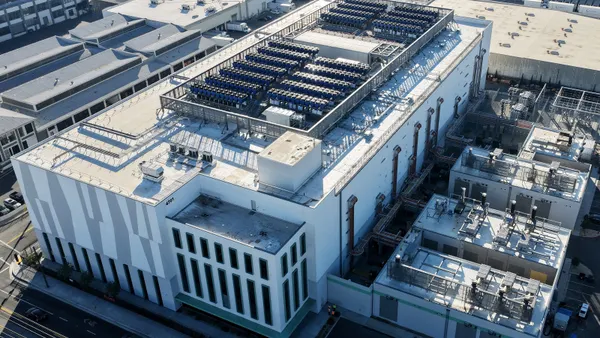Dive Brief:
- Missouri lawmakers are considering striking language from the state's energy efficiency rules that bars the owners of low-income housing units taking the a Low Income Housing Tax Credit from participating in some utility-sponsored efficiency programs.
- House Bill 648 would essentially strip out that restriction, while Senate Bill 190 tackles a greater range of issues, including stripping out the low-income tax credit restriction as well as a similar one in the Historic Preservation Tax Credit. But according to Midwest Energy News, S.B. 190 has little chance of passage.
- Major utilities in the state are pushing lawmakers to do away with the restriction, which have undercut access intended. Last year regulators approved Ameren Missouri's efficiency plan, which included 11 programs designed to help customers reduce usage.
Dive Insight:
Restrictions on access to demand management programs has undercut the efficacy of efficiency programs aimed at low-income residents, but Missouri lawmakers are trying to fix the issue.
In October 2015, the Missouri Public Service Commission rejected Ameren's efficiency plan over worries that the utility could not ensure that non-participating ratepayers would also benefit. Then in early 2016, the utility assuaged those fears and regulators approved a plan that included 11 efficiency programs. The program's three-year energy savings goal is 570,000 MWh, equivalent to the energy used by nearly 45,000 homes, but customers receiving a low-income housing or historic preservation tax were banned from participating.
Andrew Linhares, counsel for Renew Missouri, told MEN that the restriction is "certainly an obstacle," explaining that some customers "participate in these programs that were designed for them."













